This article explores the most common types of legal cases in the U.S. and provides expert guidance on finding qualified attorneys in Sacramento, California.
Understanding Personal Injury Cases
Personal injury cases are among the most prevalent legal matters in the U.S., often arising from accidents, negligence, or intentional harm. Victims may seek compensation for medical expenses, lost wages, and emotional distress. To find a skilled personal injury attorney, consider the following steps:
- Research Online: Use platforms like Avvo or FindLaw to read reviews and check ratings.
- Check Credentials: Look for attorneys with experience in personal injury law and a history of successful settlements.
- Consultation: Schedule free consultations to discuss your case and gauge the attorney’s expertise and communication style.
Medical Malpractice: Finding the Right Attorney
Medical malpractice involves negligence by healthcare professionals leading to patient harm. These cases require specialized legal knowledge and often involve complex medical facts. To identify a qualified attorney:
- Specialization: Seek lawyers who specialize in medical malpractice and have a proven track record.
- Case Evaluation: Ensure they offer a thorough case evaluation to understand the nuances of your situation.
- Trial Experience: Opt for attorneys who are willing to take cases to trial if necessary, as this can influence settlement negotiations.
Breach of Contract: Legal Representation Essentials
Breach of contract cases can arise in various contexts, from business agreements to personal contracts. Selecting an attorney with expertise in this area is crucial:
- Experience: Look for attorneys who have handled similar cases and understand the intricacies of contract law.
- Negotiation Skills: Choose a lawyer known for strong negotiation skills, as many breaches are resolved without litigation.
- Clear Communication: Ensure your attorney communicates clearly about your options and the potential outcomes of your case.
Navigating Property Disputes
Property disputes can involve issues like boundary lines, zoning, or tenancy conflicts. To find a lawyer specializing in real estate law:
- Local Knowledge: Hire an attorney familiar with local laws and regulations that may affect your case.
- Track Record: Investigate their history of resolving property disputes successfully.
- Client Reviews: Read testimonials from previous clients to assess their satisfaction with the attorney’s services.
Landlord-Tenant Disputes: What to Look For
Landlord-tenant disputes are common, particularly in urban settings. Finding an attorney who understands both sides of the issue can be beneficial:
- Specialization: Seek attorneys who focus on landlord-tenant law and have experience with eviction cases, lease agreements, and tenant rights.
- Local Experience: Choose someone who knows local rental laws and housing regulations.
- Negotiation and Mediation Skills: Look for attorneys skilled in negotiation, as many disputes can be resolved amicably.
Defamation Cases: Legal Guidance Needed
Defamation cases, including libel and slander, can have serious implications for reputation and livelihood. To find an attorney experienced in defamation law:
- Expertise in Media Law: Look for lawyers who specialize in media or defamation law.
- Proven Success: Investigate their history with defamation cases and outcomes.
- Understanding of Free Speech: Ensure they have a solid grasp of First Amendment rights and how they apply to your case.
Employment Disputes: Securing Legal Support
Employment disputes can arise from wrongful termination, discrimination, or wage issues. To find an attorney who specializes in employment law:
- Specialization: Seek out lawyers who focus on employment law and have experience with cases similar to yours.
- Client Testimonials: Read reviews from former clients to understand their experiences and outcomes.
- Negotiation and Litigation Skills: Choose an attorney who is adept at both negotiation and litigation, as this flexibility can be advantageous.
Product Liability: Finding the Right Legal Expert
Product liability cases can be complex, involving defective products that cause harm. To choose an attorney with the necessary expertise:
- Experience with Product Cases: Look for lawyers who have successfully handled product liability claims.
- Knowledge of Regulations: Ensure they understand the regulations governing product safety and liability.
- Trial Experience: Opt for attorneys who are willing to take your case to trial if needed, as this can impact negotiations with manufacturers.
Understanding Wrongful Death Claims
Wrongful death claims require sensitive handling and legal expertise. To find the right attorney:
- Compassionate Approach: Seek lawyers who demonstrate empathy and understanding of the emotional aspects involved.
- Track Record: Investigate their history with wrongful death cases and settlements.
- Clear Communication: Ensure they communicate effectively about the legal process and what to expect.
Class Action Lawsuits: Legal Representation Insights
Class action lawsuits involve multiple plaintiffs and can be challenging to navigate. To find an attorney experienced in this area:
- Experience with Class Actions: Look for lawyers who have successfully managed class action lawsuits.
- Resources: Ensure they have the necessary resources to handle complex litigation.
- Client Communication: Choose an attorney who keeps clients informed throughout the process.
Criminal Defense: Assault and Battery Cases
Assault and battery charges carry severe penalties. To select a competent criminal defense attorney:
- Experience in Criminal Law: Seek attorneys who specialize in criminal defense and have experience with assault and battery cases.
- Trial Readiness: Choose a lawyer who is willing to go to trial if necessary, as this can influence plea negotiations.
- Client Reviews: Read testimonials to gauge their success rate and client satisfaction.
Cybercrime and White Collar Crime: Legal Expertise Needed
Cybercrime and white-collar crime cases require specialized legal knowledge. To find an attorney experienced in these areas:
- Specialization: Look for lawyers who focus on cyber law or white-collar crime.
- Understanding of Technology: Ensure they have a solid grasp of technology and its implications in legal cases.
- Negotiation Skills: Choose an attorney known for their negotiation abilities, as many cases can be settled out of court.
Family Law: Divorce and Custody Matters
Family law cases can be emotionally charged. To find an attorney who can navigate these sensitive issues:
- Experience in Family Law: Seek lawyers who specialize in family law, particularly in divorce and custody matters.
- Empathy and Understanding: Choose an attorney who demonstrates empathy towards your situation.
- Clear Communication: Ensure they communicate effectively about your options and the legal process.

Understanding Personal Injury Cases
Personal injury cases encompass a wide range of incidents where individuals suffer harm due to another party’s negligence or wrongful conduct. These cases can arise from various situations, including car accidents, slip and falls, workplace injuries, and more. Understanding how to navigate these complex legal waters is essential for anyone seeking fair compensation for their injuries. In this section, we will explore the intricacies of personal injury cases and provide guidance on finding a skilled attorney to represent your interests.
Types of Personal Injury Cases
- Automobile Accidents: One of the most common types of personal injury cases, these often involve negligence, distracted driving, or driving under the influence.
- Slip and Fall Incidents: Property owners have a duty to maintain safe environments. If someone falls due to unsafe conditions, they may have a claim.
- Medical Malpractice: This occurs when a healthcare provider fails to provide the standard of care, resulting in harm to a patient.
- Workplace Injuries: Employees injured on the job may be entitled to compensation under workers’ compensation laws.
- Product Liability: If a defective product causes injury, the manufacturer or seller may be held responsible.
Finding a Skilled Personal Injury Attorney
When seeking an attorney for a personal injury case, consider the following steps:
- Research and Referrals: Start by asking friends, family, or colleagues for recommendations. Online reviews and ratings can also provide insights into an attorney’s reputation.
- Check Credentials: Look for attorneys with specific experience in personal injury law. Verify their education, bar association membership, and any relevant certifications.
- Consultation: Schedule consultations with potential attorneys. Many offer free initial meetings, allowing you to assess their communication skills, approach to your case, and overall compatibility.
- Contingency Fees: Personal injury attorneys often work on a contingency fee basis, meaning they only get paid if you win your case. Understand the fee structure before hiring.
- Track Record: Inquire about the attorney’s success rate in handling similar cases. A proven track record can be a good indicator of their capability to secure favorable outcomes.
Red Flags to Avoid
While searching for a personal injury attorney, be wary of the following warning signs:
- Lack of Specialization: Avoid attorneys who do not specialize in personal injury law, as they may lack the necessary expertise.
- High Pressure Tactics: If an attorney pressures you to sign a contract immediately, it may indicate a lack of professionalism.
- Poor Communication: An attorney who is unresponsive or fails to communicate clearly may not prioritize your case.
In conclusion, understanding personal injury cases and knowing how to find a skilled attorney is essential for anyone who has suffered harm due to someone else’s negligence. By conducting thorough research, seeking referrals, and being aware of red flags, individuals can increase their chances of securing fair compensation for their injuries.
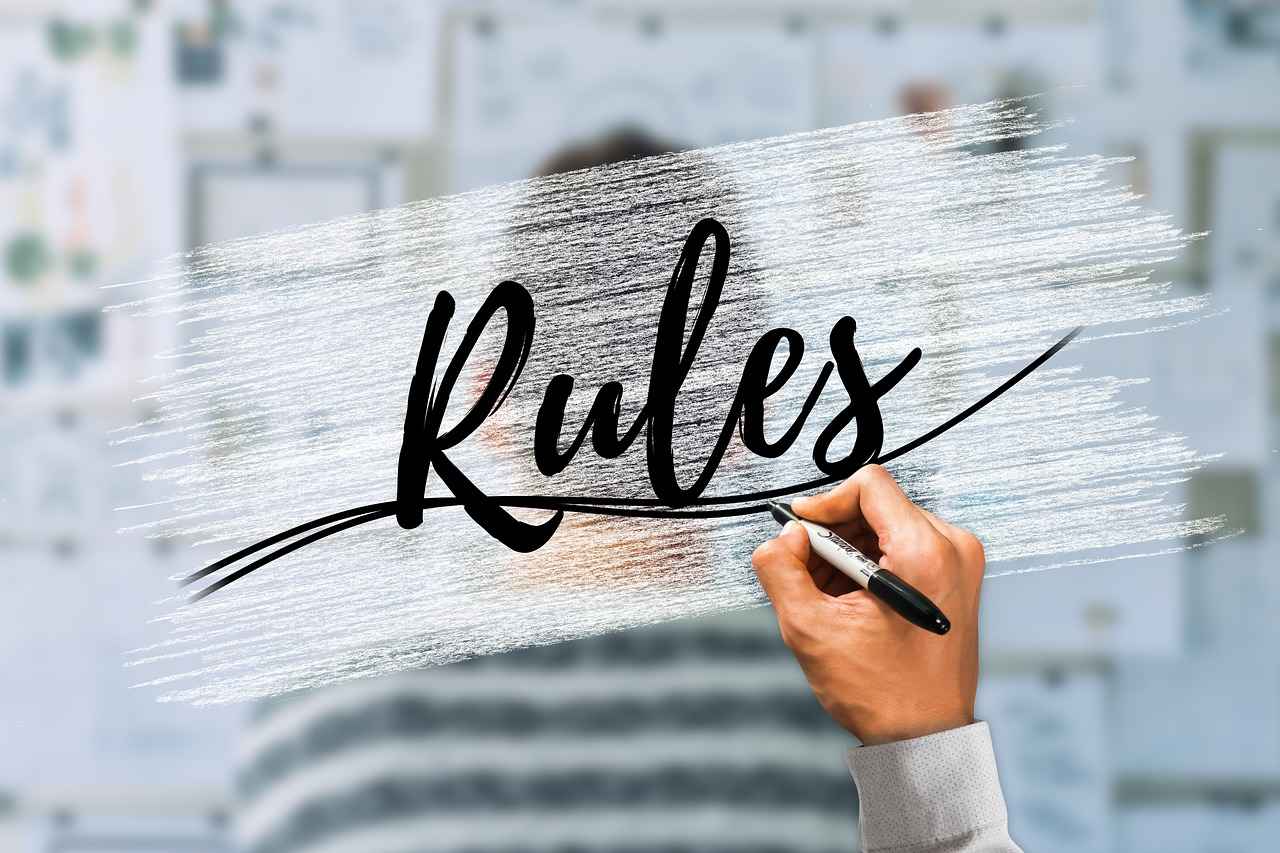
Medical Malpractice: Finding the Right Attorney
Medical malpractice is a complex area of law that requires not only a deep understanding of medical practices but also the ability to navigate the intricate legal landscape surrounding these cases. When patients suffer due to negligence or substandard care from medical professionals, they may have grounds for a malpractice claim. However, pursuing such claims can be daunting without the right legal representation. Here’s how to identify a qualified attorney who can effectively handle medical malpractice cases.
- Look for Specialization: Not all personal injury attorneys are equipped to handle medical malpractice cases. Look for attorneys who specialize in medical malpractice law. These attorneys typically have extensive experience and knowledge of the medical field, including relevant laws and regulations.
- Check Credentials: Verify the attorney’s credentials, including their education, bar admission, and any specialized training in medical malpractice. Membership in professional organizations, such as the American Association for Justice or state-specific trial lawyer associations, can indicate a commitment to this area of law.
- Assess Experience: Experience is crucial in medical malpractice cases. Look for attorneys who have successfully handled similar cases in the past. Ask about their track record in terms of settlements and verdicts.
- Evaluate Communication Skills: A good attorney should be able to explain complex legal and medical concepts in a way that is easy to understand. During your initial consultation, assess how well the attorney communicates and whether they take the time to address your concerns.
- Seek Client Reviews: Online reviews and testimonials can provide insight into an attorney’s reputation. Look for feedback from previous clients regarding their experiences, particularly in medical malpractice cases.
- Understand Fee Structures: Medical malpractice cases can be costly to pursue. Many attorneys work on a contingency fee basis, meaning they only get paid if you win your case. Ensure you understand the fee structure and any additional costs that may arise.
In addition to these factors, it’s important to trust your instincts. Your attorney should be someone you feel comfortable with, as you will be sharing sensitive information about your medical history and personal experiences. Taking the time to find the right attorney can significantly impact the outcome of your case.
Finally, consider scheduling consultations with multiple attorneys. This will give you a chance to compare their approaches, expertise, and how comfortable you feel working with them. Remember, a qualified attorney will not only fight for your rights but also provide the support and guidance you need during this challenging time.
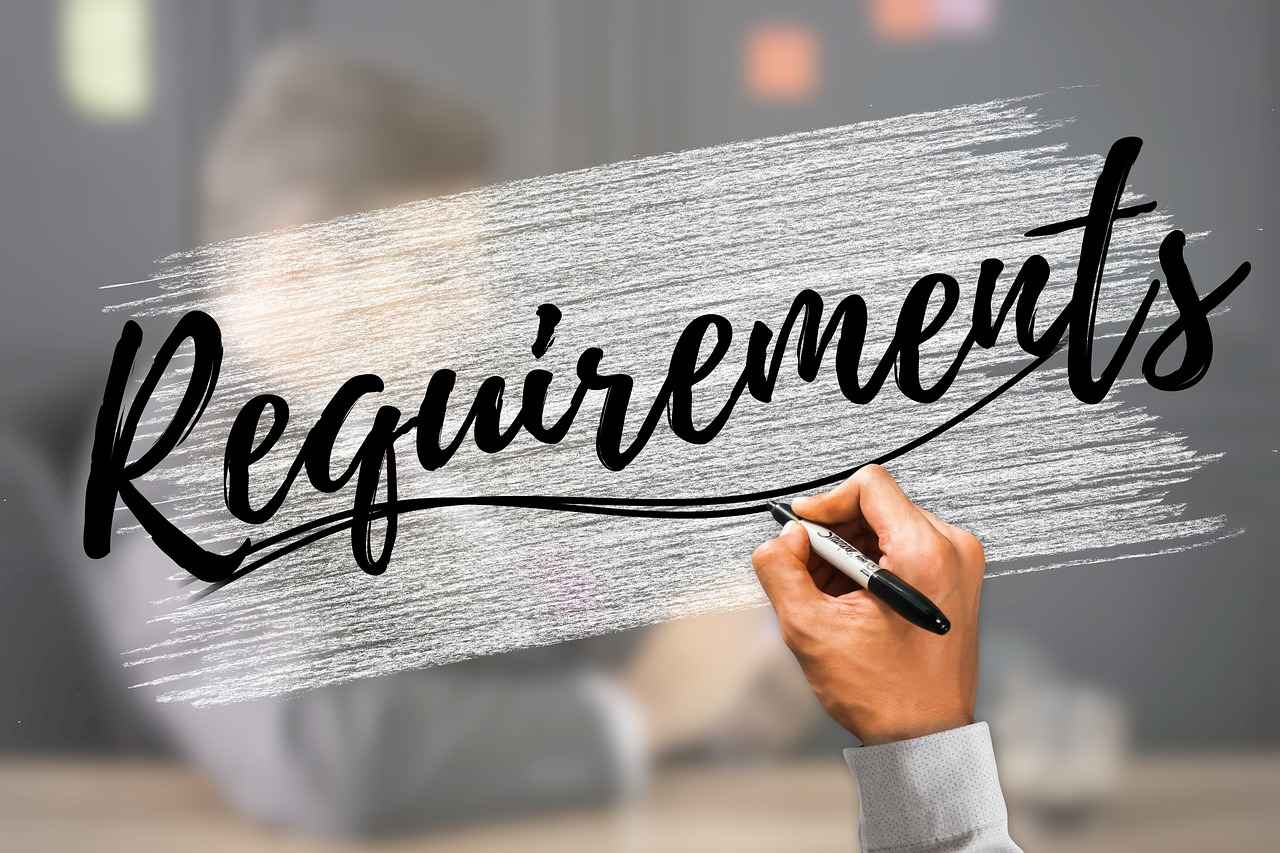
Breach of Contract: Legal Representation Essentials
Breach of contract cases can be intricate, often involving complex legal principles and significant financial stakes. When you find yourself in a situation where a contract has been breached, understanding how to select an attorney with expertise in this area is vital for protecting your rights. This article will guide you through the nuances of breach of contract cases and how to find the right legal representation.
To begin with, it is essential to recognize that breach of contract can occur in various forms, including failure to perform, delayed performance, or substandard performance. Each scenario requires a different approach and understanding of the law. Therefore, seeking an attorney who specializes in contract law is crucial. Here are several steps to help you in your search for a qualified attorney:
- Research their expertise: Look for attorneys who specifically list breach of contract as a practice area. Check their websites and online profiles for relevant experience and case results.
- Check credentials: Ensure that the attorney has a solid educational background and is licensed to practice in your state. Membership in professional organizations, such as the American Bar Association, can also indicate a commitment to their field.
- Read reviews: Online reviews and testimonials can provide insights into an attorney’s reputation. Look for feedback regarding their communication skills, responsiveness, and success rate in handling breach of contract cases.
- Consultations: Many attorneys offer free initial consultations. Use this opportunity to discuss your case and gauge their understanding of your situation. Pay attention to how well they listen and their willingness to answer your questions.
- Assess their communication style: Effective communication is key in legal matters. Ensure that the attorney can explain complex legal concepts in a way that you understand.
Furthermore, it is essential to consider the attorney’s approach to conflict resolution. Some attorneys may prefer litigation, while others might advocate for mediation or arbitration. Understanding their strategy can help you align your expectations and choose someone who fits your needs.
In addition, be cautious of red flags during your search. Avoid attorneys who make unrealistic promises or guarantees about the outcome of your case. Transparency is crucial; if an attorney is unwilling to discuss their fees or provide a clear retainer agreement, it may be wise to look elsewhere.
Lastly, trust your instincts. The attorney-client relationship is built on trust, and you should feel comfortable with your chosen legal representative. A skilled attorney will not only have the necessary qualifications but will also demonstrate empathy and understanding of your situation.
In conclusion, navigating breach of contract cases requires careful consideration when selecting legal representation. By following these guidelines and conducting thorough research, you can find an attorney who will advocate for your rights and help you achieve a favorable outcome.

Navigating Property Disputes
Property disputes can arise from a variety of circumstances, including boundary disagreements, lease violations, and issues related to ownership rights. These disputes often involve complex legal principles and can have significant financial implications. Therefore, it is essential to find a lawyer who specializes in real estate law to effectively advocate for your interests.
When searching for a qualified real estate attorney, consider the following steps:
- Research Local Expertise: Start by looking for attorneys who specifically focus on real estate law in your area. Websites like Avvo or FindLaw can provide listings of lawyers along with client reviews and ratings.
- Check Credentials: Look for attorneys with relevant credentials such as a specialization in real estate law, membership in local bar associations, and experience in handling property disputes similar to yours.
- Consult Referrals: Ask friends, family, or colleagues for recommendations. Personal referrals can often lead you to trustworthy and competent attorneys.
- Interview Potential Lawyers: Schedule consultations with a few attorneys to discuss your case. Pay attention to their communication style, willingness to listen, and ability to explain complex legal terms in a way you can understand.
- Evaluate Fees: Understand the attorney’s fee structure upfront. Some may charge hourly rates, while others might work on a contingency basis. Make sure you are comfortable with the financial arrangement before proceeding.
In addition to these steps, it is crucial to be aware of red flags when hiring a lawyer:
- Lack of Experience: Avoid attorneys who do not have substantial experience in real estate law or who have not handled cases similar to yours.
- Poor Communication: If an attorney is unresponsive or fails to provide clear answers during initial consultations, this may indicate future communication issues.
- High Pressure Tactics: Be cautious of lawyers who push you to make quick decisions or sign contracts without allowing you adequate time to review them.
By following these guidelines, you can increase your chances of finding a competent real estate lawyer who will effectively advocate for your interests in property disputes. Remember, having the right legal representation can make a significant difference in the outcome of your case.
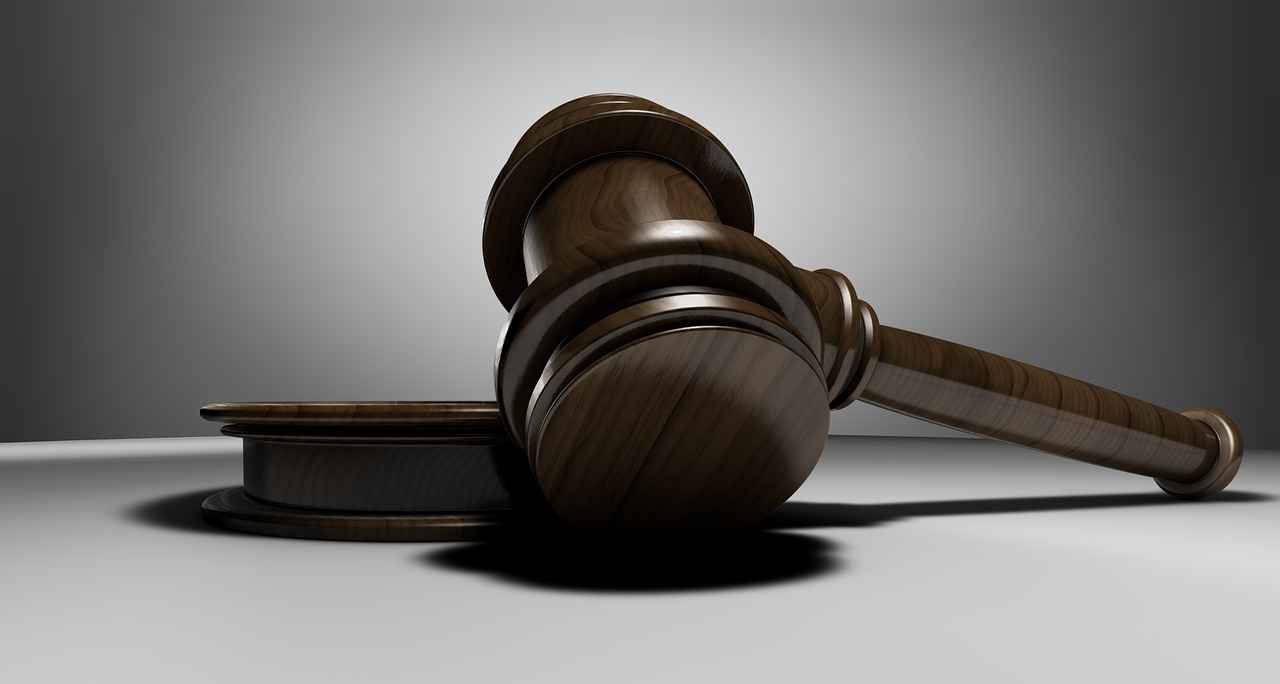
Landlord-Tenant Disputes: What to Look For
Landlord-tenant disputes are a frequent occurrence in urban areas, often arising from misunderstandings, non-payment of rent, property maintenance issues, or lease violations. When faced with such disputes, it is essential to seek legal assistance from a knowledgeable attorney who specializes in landlord-tenant law. Here’s how to choose the right attorney for your specific situation.
- Experience in Landlord-Tenant Law: Look for an attorney who has a proven track record in handling landlord-tenant disputes. They should be familiar with local housing laws and regulations, as these can vary significantly from one jurisdiction to another.
- Reputation and Reviews: Research potential attorneys online. Websites like Avvo or Martindale-Hubbell offer ratings and reviews from past clients. A lawyer with positive feedback and a solid reputation is more likely to provide effective representation.
- Initial Consultation: Many attorneys offer a free initial consultation. Use this opportunity to discuss your case and gauge their knowledge and approach. Pay attention to how well they listen and whether they provide clear answers to your questions.
- Fee Structure: Understand how the attorney charges for their services. Some may work on a flat fee basis, while others charge hourly. Ensure that you are comfortable with the fee structure and that it aligns with your budget.
- Communication Skills: Effective communication is critical in legal matters. Choose an attorney who can explain complex legal concepts in a way that you can understand. They should also be responsive to your inquiries and keep you updated on your case’s progress.
- Negotiation Skills: Many landlord-tenant disputes can be resolved through negotiation or mediation rather than litigation. An attorney with strong negotiation skills can help you reach a favorable settlement without the need for court intervention.
- Local Knowledge: An attorney familiar with the local court system and housing regulations will be better equipped to navigate your case. They should understand the nuances of local laws that could impact your situation.
By considering these factors, you can make an informed decision when selecting an attorney to handle your landlord-tenant dispute. Remember, the right legal representation can make a significant difference in the outcome of your case.
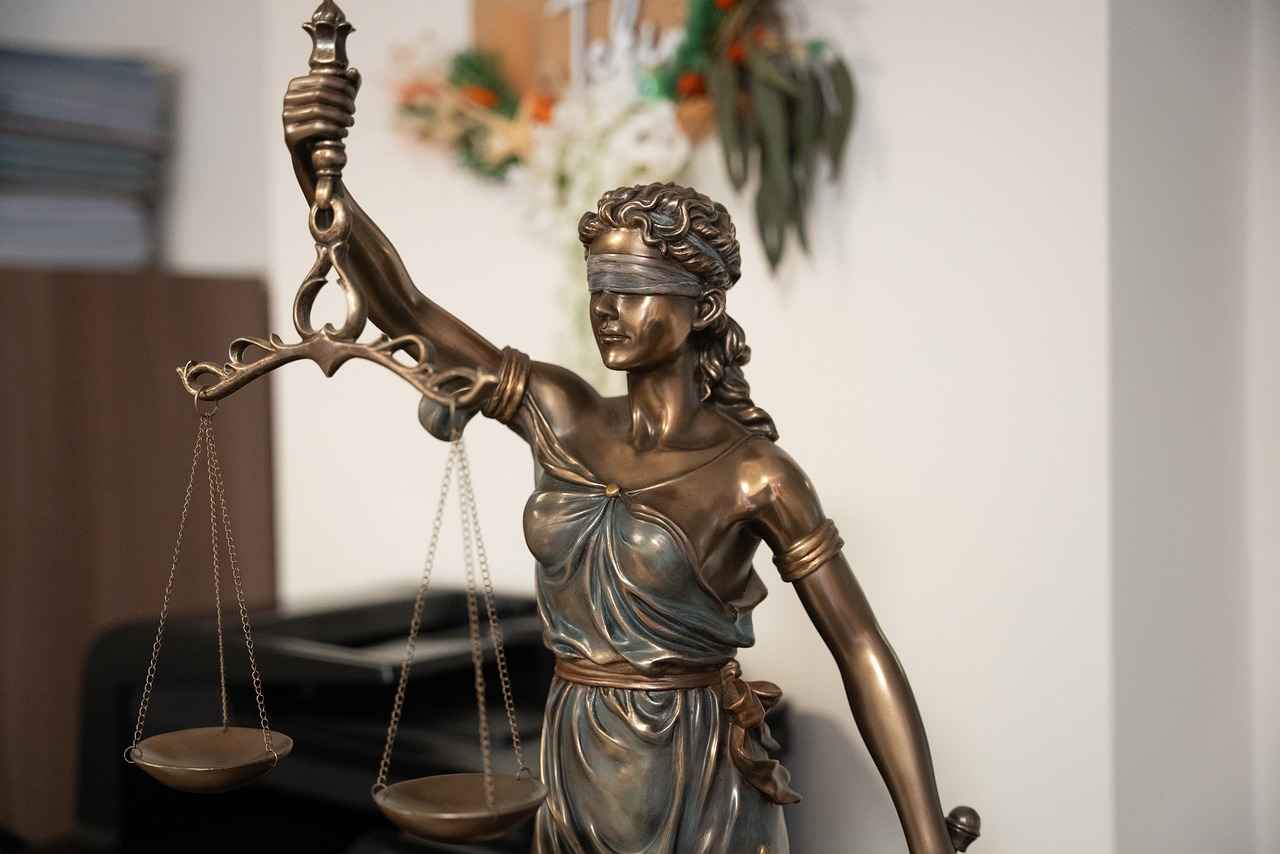
Defamation Cases: Legal Guidance Needed
Defamation is a serious issue that can have profound implications for individuals and businesses alike. It encompasses both libel (written statements) and slander (spoken statements) that unjustly harm a person’s reputation. Understanding the nuances of defamation law is crucial for anyone considering legal action. The repercussions of a defamation claim can be significant, including financial damages and emotional distress.
When faced with a defamation situation, finding a qualified attorney who specializes in this area of law is essential. Here are some key steps to ensure you select the right legal representation:
- Research and Referrals: Start by asking friends, family, or colleagues for recommendations. Personal referrals can provide valuable insights into an attorney’s competence and character.
- Online Reviews and Ratings: Use legal directories and review platforms such as Avvo, Martindale-Hubbell, or FindLaw to research potential attorneys. Look for lawyers with high ratings and positive client feedback.
- Specialization: Ensure the attorney has specific experience in defamation cases. This specialization is crucial, as defamation law can be complex and varies by state.
- Initial Consultation: Schedule a consultation to discuss your case. This meeting allows you to gauge the attorney’s understanding of defamation law and their approach to handling your situation.
- Ask About Their Track Record: Inquire about the attorney’s previous cases involving defamation. A proven track record of successful outcomes can indicate their capability in handling your case.
- Discuss Legal Fees: Clarify the attorney’s fee structure upfront. Some attorneys may work on a contingency basis, while others may charge hourly rates. Understanding the financial implications is essential.
- Communication Style: Assess how well the attorney communicates. You want someone who is responsive and can explain legal concepts in a way you understand.
- Trust Your Instincts: Finally, trust your gut feeling. You should feel comfortable and confident in your attorney’s abilities and approach.
Defamation cases often hinge on proving that the statement made was false, damaging, and made with a certain level of fault. This can be a challenging burden to meet, making the expertise of a skilled attorney invaluable. They can help you gather evidence, such as witness statements and documentation, to support your claim.
In addition to navigating the complexities of the law, an experienced attorney will also be adept at negotiating settlements. Many defamation cases are resolved outside of court, and having a lawyer who is skilled in negotiation can lead to a favorable outcome without the stress of a lengthy trial.
Moreover, if you are the subject of a defamation claim, it is equally important to seek legal counsel. A knowledgeable attorney can help you formulate a strong defense, potentially proving that the statements made against you were true or were made without malice.
In conclusion, defamation cases require careful handling and a solid understanding of the law. By following the outlined steps to find a qualified attorney, you can increase your chances of a successful outcome. Remember, the right legal representation can make all the difference in protecting your reputation and achieving justice.

Employment Disputes: Securing Legal Support
In today’s dynamic workplace, employment disputes can arise from a variety of issues, including wrongful termination, discrimination, harassment, wage disputes, and more. These disputes can significantly impact not only your career but also your emotional and financial well-being. Thus, securing competent legal support is essential to protect your rights and navigate the complexities of employment law.
When looking for an attorney who specializes in employment law, consider the following steps:
- Research Specialization: Start by searching for attorneys who focus specifically on employment law. This area of law is intricate and requires a lawyer with specialized knowledge and experience.
- Check Credentials: Verify the attorney’s credentials, including their education, bar association membership, and any additional certifications in labor and employment law. A qualified attorney should have a solid track record in handling cases similar to yours.
- Read Reviews: Utilize online platforms such as Avvo, Martindale-Hubbell, or Google Reviews to read testimonials from previous clients. Look for feedback regarding the attorney’s communication skills, professionalism, and success rate in employment cases.
- Consultation: Schedule initial consultations with potential attorneys. Many lawyers offer free consultations, allowing you to discuss your case and gauge their understanding of your situation. Prepare questions about their experience with employment disputes and their approach to handling such cases.
- Assess Communication: Effective communication is crucial in legal matters. During your consultation, pay attention to how well the attorney listens to your concerns and explains the legal processes. A good attorney should make you feel heard and informed.
- Discuss Fees: Understand the attorney’s fee structure upfront. Some attorneys work on a contingency basis, meaning they only get paid if you win your case, while others may charge hourly rates. Ensure you are comfortable with the financial arrangement before proceeding.
It is also important to recognize red flags when selecting an attorney:
- Lack of Experience: Avoid attorneys who lack experience in employment law or have not handled cases similar to yours.
- Poor Communication: If an attorney is unresponsive or fails to explain legal concepts clearly, it may indicate a lack of dedication to your case.
- Pressure Tactics: Be wary of attorneys who pressure you into making quick decisions or signing contracts without fully understanding the implications.
In major metropolitan areas such as New York City, Los Angeles, and Chicago, you can find numerous resources to assist you in your search for a qualified employment attorney. Local bar associations often provide referral services, and online legal directories can help you narrow down your options based on location and specialty.
In conclusion, navigating employment disputes can be challenging, but with the right legal support, you can protect your rights and seek justice. By conducting thorough research, assessing credentials, and being mindful of red flags, you can find a skilled attorney who will advocate for your interests and help you achieve a favorable resolution.

Product Liability: Finding the Right Legal Expert
When dealing with product liability cases, the legal landscape can be daunting. These cases arise when consumers are harmed by defective products, and they can encompass a wide range of issues, from manufacturing defects to inadequate warnings. Therefore, selecting an attorney with the right expertise is crucial for navigating these complexities effectively.
Here’s a comprehensive guide to help you find the best legal representation for your product liability claim:
- Research Experience: Look for attorneys who specialize in product liability law. Their experience will be invaluable in understanding the nuances of your case. Check their track record in handling similar claims.
- Credentials Matter: Verify the attorney’s credentials, including their education, bar admissions, and any additional certifications in personal injury or product liability law. Membership in professional organizations, such as the American Association for Justice, can also be a good indicator of their commitment to the field.
- Client Reviews: Read reviews and testimonials from previous clients. Websites like Avvo or Martindale-Hubbell can provide insights into an attorney’s reputation and success rate.
- Consultation: Schedule an initial consultation to discuss your case. This is often free and allows you to gauge the attorney’s understanding and approach to your situation. Pay attention to their communication style and how comfortable you feel discussing your case with them.
- Contingency Fees: Many product liability attorneys work on a contingency fee basis, meaning they only get paid if you win your case. Ensure you understand their fee structure before proceeding.
- Investigative Resources: A competent attorney should have access to resources for investigating product defects, including expert witnesses who can testify about the product’s safety and functionality.
- Trial Experience: While many cases settle out of court, having an attorney with trial experience is crucial in case your case goes to litigation. Ask about their history of taking cases to trial and their success rate.
In major metropolitan areas like New York City, Los Angeles, and Chicago, the legal market is competitive. Utilize local bar associations and legal aid organizations to find reputable attorneys in your area. Additionally, consider seeking referrals from friends or family who have had similar experiences.
Finally, be cautious of red flags when selecting an attorney. Avoid those who make unrealistic promises or pressure you into making quick decisions. A trustworthy attorney will provide clear, honest assessments of your case and outline the potential outcomes.
In conclusion, navigating product liability claims requires a skilled legal expert. By following these guidelines, you can effectively find an attorney who will advocate for your rights and help you achieve the compensation you deserve.
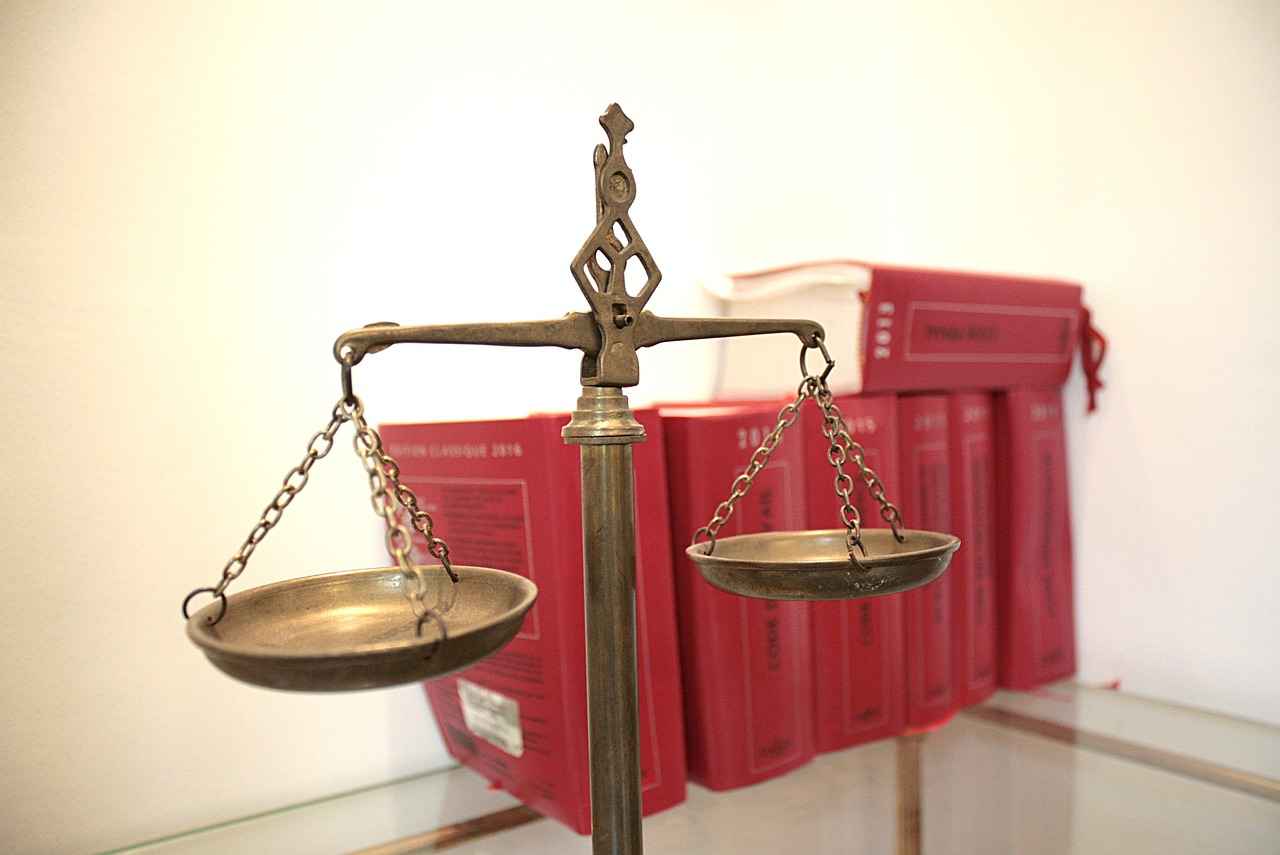
Understanding Wrongful Death Claims
Wrongful death claims are among the most sensitive and emotionally charged types of legal cases. They arise when an individual dies due to the negligence or misconduct of another party, be it an individual, corporation, or government entity. Navigating the complexities of these claims requires not only a deep understanding of the law but also a compassionate approach to dealing with grieving families.
When seeking an attorney for a wrongful death claim, it is essential to find someone who possesses both legal expertise and the ability to handle sensitive situations with care. Here are some key considerations to keep in mind:
- Experience in Wrongful Death Cases: Look for attorneys who specialize in wrongful death claims and have a proven track record of success. Their experience will be invaluable in navigating the legal landscape and ensuring that your case is handled appropriately.
- Compassionate Approach: Choose an attorney who demonstrates empathy and understanding. The loss of a loved one is a traumatic experience, and you need someone who can provide support while aggressively pursuing your rights.
- Clear Communication: An effective attorney should communicate clearly and regularly, keeping you informed about the progress of your case. This is crucial for building trust and understanding the steps involved in the legal process.
- Reputation and Reviews: Research the attorney’s reputation within the community. Online reviews, testimonials, and referrals from other clients can provide insight into their professionalism and effectiveness.
- Contingency Fees: Many wrongful death attorneys work on a contingency fee basis, meaning they only get paid if you win your case. This arrangement can alleviate the financial burden during a difficult time.
To find a qualified wrongful death attorney, consider the following steps:
- Utilize Online Resources: Websites such as Avvo, Martindale-Hubbell, and the American Bar Association offer directories of attorneys, including their specializations and client reviews.
- Consult Local Bar Associations: Local bar associations often provide referral services that can connect you with qualified attorneys in your area.
- Schedule Initial Consultations: Many attorneys offer free consultations. Use this opportunity to gauge their expertise, approach, and whether you feel comfortable working with them.
- Ask Questions: Inquire about their experience with similar cases, their strategies for handling wrongful death claims, and their success rates.
In summary, wrongful death claims demand a careful and knowledgeable approach. By finding an attorney who combines legal expertise with compassion, you can ensure that your case is handled with the utmost care and professionalism. Remember to take your time in selecting the right attorney, as this decision can significantly impact the outcome of your case.

Class Action Lawsuits: Legal Representation Insights
Class action lawsuits are a powerful legal tool that allows a group of individuals, known as plaintiffs, to band together to sue a defendant, typically a corporation or government entity. This type of lawsuit is often employed when the plaintiffs have similar claims against the same defendant, making it more efficient to resolve their grievances collectively rather than individually. If you’re considering participating in a class action lawsuit or need legal representation for one, finding an experienced attorney is crucial.
Here’s how to find a qualified attorney experienced in managing such complex cases:
- Research Law Firms Specializing in Class Actions: Start by identifying law firms that have a proven track record in handling class action lawsuits. Look for firms that have successfully represented groups in similar cases, as their experience can be invaluable.
- Check Online Legal Directories: Websites like Avvo and FindLaw provide listings of attorneys by specialty. You can search specifically for class action attorneys and review their ratings and client feedback.
- Consult Bar Associations: Contact your local or state bar association for recommendations. They often have referral services that can connect you with attorneys who specialize in class action lawsuits.
- Evaluate Experience and Credentials: When you find potential attorneys, assess their qualifications. Look for lawyers who have experience in class action litigation, including any relevant certifications or memberships in professional organizations.
- Schedule Consultations: Many attorneys offer free initial consultations. Use this opportunity to ask about their experience with class actions, their approach to your case, and their fee structure. This is also a good time to gauge their communication style and whether you feel comfortable working with them.
- Read Reviews and Testimonials: Look for reviews from past clients to understand the attorney’s reputation. Positive testimonials can provide insight into their effectiveness and client satisfaction.
- Beware of Red Flags: Be cautious of any attorney who guarantees a specific outcome or pressures you into signing a contract. A reputable lawyer will provide a realistic assessment of your case and allow you time to make an informed decision.
In summary, finding the right attorney for a class action lawsuit involves careful research and consideration. By focusing on experienced professionals who specialize in this area of law, you can increase your chances of achieving a favorable outcome.

Criminal Defense: Assault and Battery Cases
When facing assault and battery charges, the repercussions can be life-altering. These charges can lead to significant legal penalties, including imprisonment, fines, and a permanent criminal record. Therefore, it is essential to understand how to select a competent criminal defense attorney who can effectively represent your interests and navigate the complexities of the legal system.
First and foremost, it is crucial to look for an attorney with a solid background in criminal law. This specialization ensures that they are well-versed in the nuances of assault and battery cases, including the various defenses that may apply. You can start your search by:
- Researching Local Attorneys: Utilize online platforms such as Avvo and FindLaw to find attorneys in your area. These sites provide ratings, reviews, and details about the lawyer’s experience and specialties.
- Checking Credentials: Look for attorneys who are members of reputable organizations, such as the National Association of Criminal Defense Lawyers (NACDL) or your state’s bar association. Membership in these organizations often indicates a commitment to staying updated on legal practices and standards.
- Scheduling Consultations: Many attorneys offer free initial consultations. Use this opportunity to ask about their experience with assault and battery cases, their approach to defense, and their success rates.
During the consultation, pay attention to how the attorney communicates. A good lawyer should be able to explain complex legal concepts in a way that you can understand. They should also show genuine interest in your case and be willing to answer all your questions. Trust your instincts; if you feel uncomfortable or if the attorney seems disinterested, it may be best to continue your search.
Another important factor to consider is the attorney’s track record. Ask about previous cases they have handled that are similar to yours. A lawyer with a history of successfully defending assault and battery charges can provide you with a sense of confidence in their abilities.
It’s also wise to inquire about their strategy for your case. A competent attorney should outline the potential defenses that could apply, such as self-defense or lack of intent. They should also discuss the possible outcomes and how they plan to achieve the best result for you.
Finally, be cautious of red flags when hiring a criminal defense attorney. Avoid lawyers who promise guaranteed outcomes, as no attorney can predict the verdict of a case with certainty. Additionally, be wary of those who seem more interested in taking your money than in providing quality legal representation.
In conclusion, selecting the right criminal defense attorney for your assault and battery case is a critical step in ensuring your rights are protected. By conducting thorough research, checking credentials, and trusting your instincts during consultations, you can find an attorney who will advocate for you effectively.
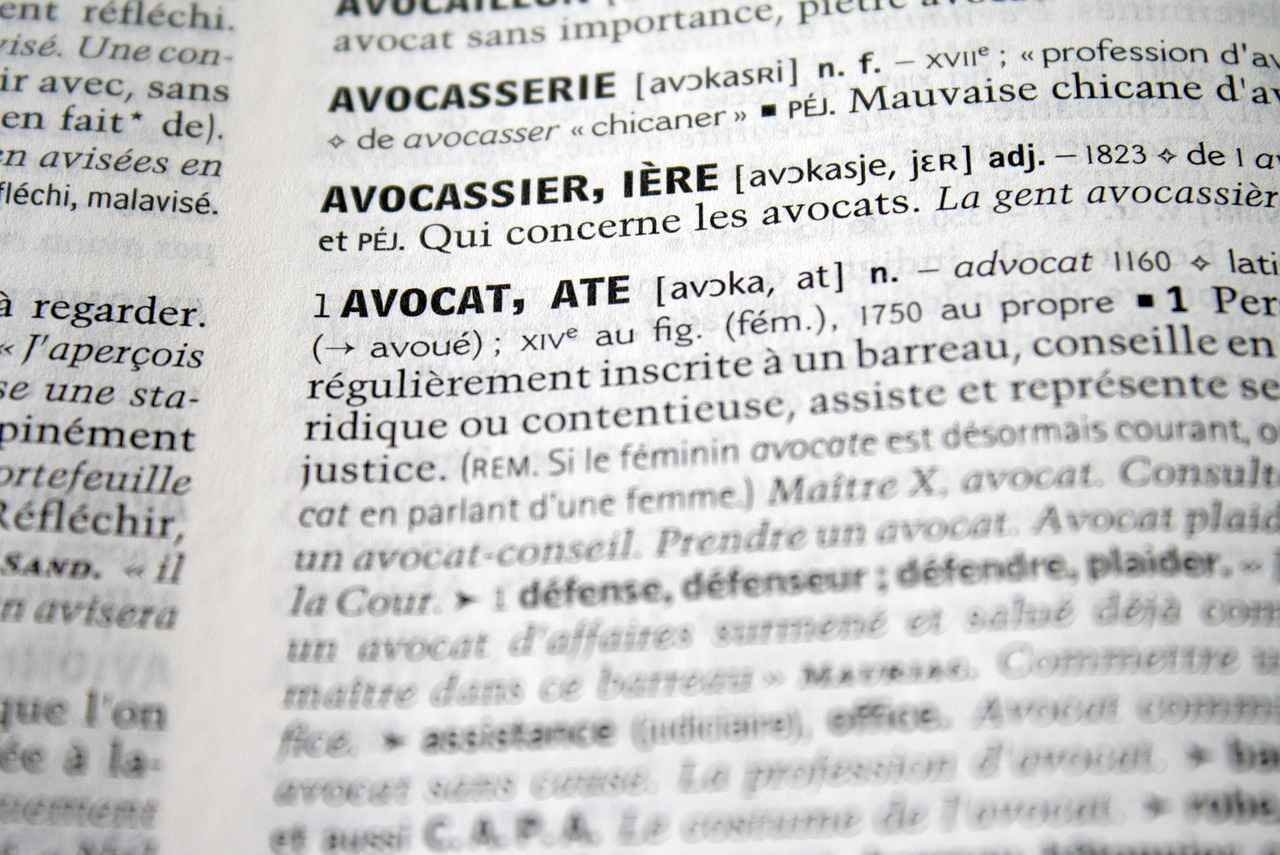
Cybercrime and White Collar Crime: Legal Expertise Needed
Cybercrime and white-collar crime cases represent some of the most complex areas of law, requiring attorneys with specialized knowledge and experience. These types of crimes often involve intricate financial transactions, technology, and regulatory compliance, making it essential to find a lawyer who understands the nuances of these cases.
When seeking an attorney for cybercrime or white-collar crime cases, consider the following steps to ensure you select a qualified professional:
- Research Specialization: Look for attorneys who specialize in cybercrime, fraud, embezzlement, and other related areas. Check their websites and online profiles to confirm their expertise.
- Check Credentials: Verify the attorney’s credentials, including their education, bar association membership, and any certifications in criminal law or cyber law. This can provide insight into their qualifications.
- Experience Matters: Seek attorneys with a proven track record in handling cases similar to yours. Ask about their previous cases and outcomes to gauge their effectiveness.
- Consult Reviews and Testimonials: Online reviews and client testimonials can offer valuable insights into an attorney’s reputation and success rate. Websites like Avvo and Yelp are good places to start.
- Initial Consultations: Many attorneys offer free initial consultations. Use this opportunity to discuss your case, ask questions, and assess their communication style and approach.
- Understand Fees: Be clear about the attorney’s fee structure. Some may charge hourly rates, while others might work on a contingency basis. Understanding costs upfront can help avoid surprises later.
Finding the right attorney can significantly impact the outcome of your case. Cybercrime and white-collar crime can lead to severe legal consequences, including hefty fines and imprisonment. Therefore, having a knowledgeable attorney by your side is crucial.
In major metropolitan areas like New York City, Los Angeles, and Chicago, the competition among attorneys is fierce. Utilize local bar association resources or legal aid organizations to find reputable attorneys in your area. Networking with professionals in the field can also provide referrals to trusted legal experts.
Finally, be wary of red flags when selecting an attorney. Avoid those who make unrealistic promises or guarantees regarding the outcome of your case. A trustworthy attorney will provide honest assessments and will not shy away from discussing potential challenges.
By following these guidelines, you can find a competent attorney who is well-equipped to handle the complexities of cybercrime and white-collar crime cases, ultimately providing you with the best chance for a favorable outcome.

Family Law: Divorce and Custody Matters
Family law encompasses a range of sensitive and emotionally charged issues, particularly divorce and child custody matters. Navigating these complex situations requires not only legal expertise but also a deep understanding of the emotional turmoil that clients often experience. With over 30 years of experience in the U.S. legal system, I can provide valuable insights into how individuals can find the right attorney to guide them through these challenging times.
When searching for a family law attorney, it is crucial to consider several factors to ensure you receive the best representation. Here are some key points to keep in mind:
- Specialization in Family Law: Look for attorneys who specialize in family law. This area of law is unique and requires specific knowledge about state laws, court procedures, and mediation techniques.
- Experience and Track Record: Review the attorney’s experience in handling divorce and custody cases. Ask about their success rates and approach to resolving disputes.
- Client Reviews and Testimonials: Research online reviews and seek testimonials from former clients. This feedback can provide insights into the attorney’s communication style and effectiveness.
- Initial Consultation: Many attorneys offer free initial consultations. Use this opportunity to assess their understanding of your situation and their proposed strategies.
In major metropolitan areas like New York City, Los Angeles, and Chicago, the competition among family law attorneys can be intense. Here are some proven methods to find qualified legal representation:
- Referrals: Ask friends, family, or colleagues for recommendations. Personal referrals can lead you to trustworthy attorneys who have a proven track record.
- Legal Directories: Utilize legal directories such as Avvo or Martindale-Hubbell to find qualified family law attorneys in your area. These platforms often include ratings, reviews, and detailed profiles.
- Bar Association Resources: Check with your state or local bar association for referrals. They can provide a list of licensed attorneys specializing in family law.
While searching for an attorney, be cautious of certain red flags that may indicate potential issues:
- Lack of Communication: If an attorney is unresponsive during the initial consultation, it may be a sign of how they will handle your case.
- High Pressure Sales Tactics: Be wary of attorneys who pressure you to sign contracts or make decisions quickly. A reputable attorney will give you the time you need to consider your options.
- Unclear Fee Structures: Ensure you understand the attorney’s fee structure upfront. Avoid attorneys who are vague about costs or who require large upfront payments without a clear explanation.
In addition to these considerations, it is essential to find an attorney who is empathetic and understands the emotional aspects of family law cases. Divorce and custody disputes can be incredibly stressful, and having a lawyer who demonstrates compassion can make a significant difference in your experience.
Ultimately, the right family law attorney will not only possess the necessary legal expertise but will also be someone who you feel comfortable communicating with throughout the process. By following these guidelines, you can increase your chances of finding an attorney who can effectively navigate the complexities of divorce and custody matters, ensuring your rights and interests are protected.
Frequently Asked Questions
- What should I look for when hiring a personal injury attorney?
When searching for a personal injury attorney, consider their experience in similar cases, client reviews, and their track record of successful settlements. A good attorney will also offer a free consultation to discuss your case.
- How do I know if I have a valid medical malpractice claim?
To determine if you have a valid medical malpractice claim, consult with a specialized attorney who can evaluate the specifics of your case. Generally, you must prove that a healthcare provider’s negligence directly caused your injury.
- What is the typical timeline for a breach of contract case?
The timeline for a breach of contract case can vary widely based on the complexity of the situation and the willingness of both parties to negotiate. Some cases may settle in a few months, while others could take years if they go to trial.
- How can I resolve a landlord-tenant dispute without going to court?
Many landlord-tenant disputes can be resolved through mediation, where a neutral third party helps both sides reach an agreement. This approach can save time, money, and stress compared to a court battle.
- What should I do if I’m facing a defamation lawsuit?
If you’re facing a defamation lawsuit, it’s crucial to consult with an attorney who specializes in defamation cases. They can help you understand your rights and formulate a strong defense strategy.














